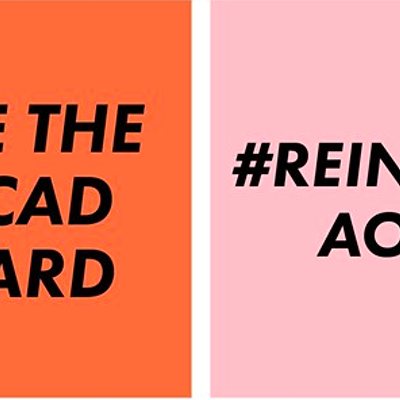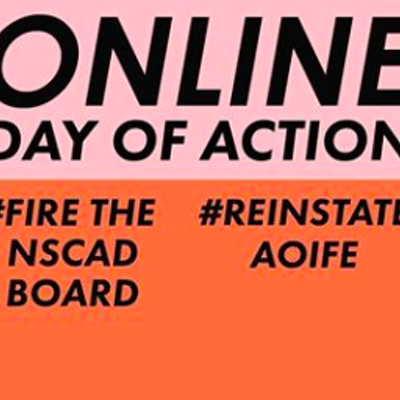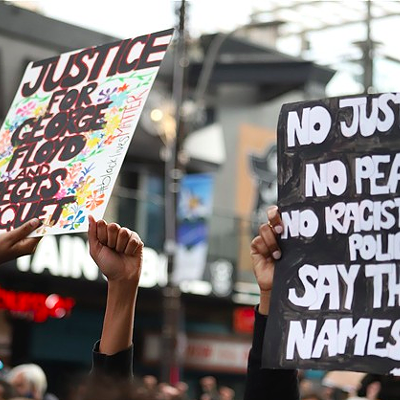One of the more scenic disasters winter has jammed down Halifax’s throat is this snow-filled phone booth outside the Halifax Forum. Bell Aliant is responsible for the booth’s upkeep, and to their credit a technician flushed the icy mess out a few days after The Coast reported the problem.
While phone booth stuffing is (apparently) “one of the all-time great fads,” this barely-usable box instead seemingly fell victim to a culture increasingly uninterested in public payphone service. Which is cause for concern.
In a report released last month, the Canadian Radio-television and Telecommunications Commission found payphone call volumes have been falling steadily by 24 percent a year. The number of payphones in Canada—roughly 55,000—is a third of what it was a decade ago. Yet 32 percent of Canadians say they’ve used a public payphone at least once in the past year.
Meanwhile phone companies are increasingly yanking out the costly service. Bell and other companies told the CRTC they’re paying to maintain 636 pay phones that haven’t been used in more than a year.
Money losers for thirsty corporations like Bell, yes, but payphones can be vital for low-income and high-risk communities. Those without access to landline or cellular phones still rely on payphones. The same can be said for anyone in an emergency. It's not the quantity of call volume, but the importantance of those few calls that are made that prove the need for this public service.
“Although payphones are no longer used as much as in the past, they continue to play an important role in society and serve the public interest,” said CRTC chairman Jean-Pierre Blais in a press release. “For this reason, we want to make sure that Canadians are notified when certain payphones are removed in their communities, and that they have the opportunity to share their concerns with local authorities.”
Previously, the CRTC didn’t allow removing the last public telephone from a community. But now the CRTC is loosening that requirement by letting telephone companies take away the service provided they “notify communities affected, including municipalities and First Nations.”
The new regulation probably won’t amount to much. Rural and urban “communities” and advocacy groups could take their concerns to government forces, but there’s no requirement for the tech companies to listen.
Halifax, meanwhile, is happily marching to offer free wi-fi in the downtown. It’s a welcome idea, but the city should remain vigilant in coming years that those unable (or unwilling) to own a phone aren’t left out in the cold.
If you spot any payphones needing repairs, Bell Aliant spokesperson Katherine VanBuskirk says to phone 611 (presumably on your mobile).


















